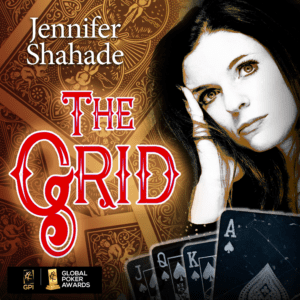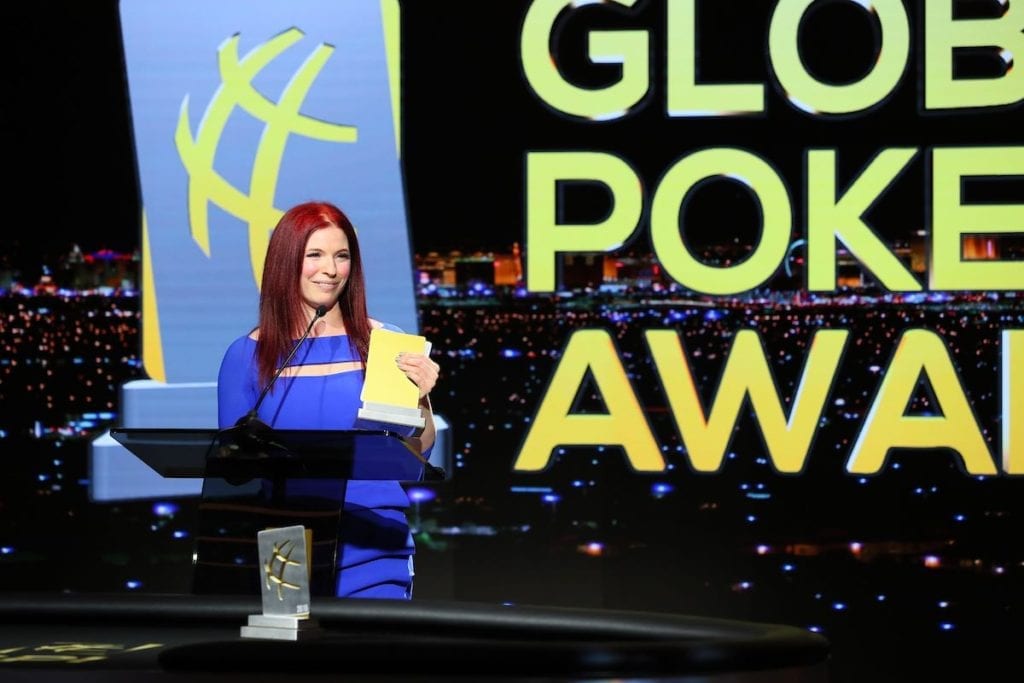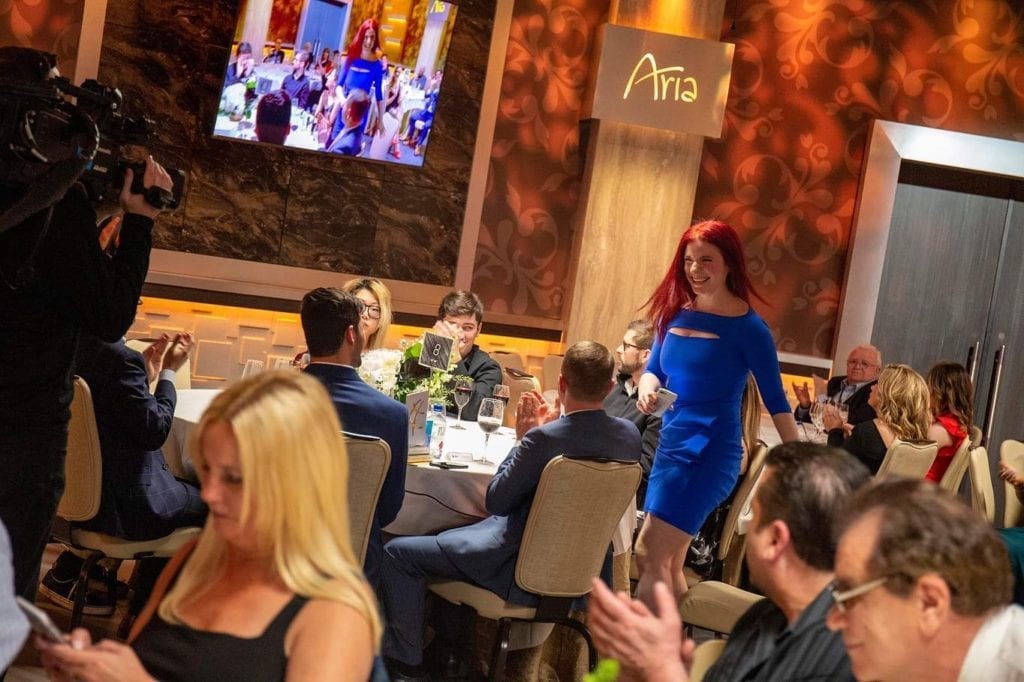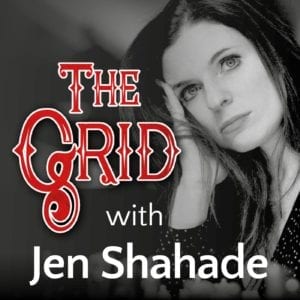 I was getting boring in interviews. Ideas, chess and poker tips, and related life lessons flowed like fast playing kings, but I didn’t tell stories. Much like being asked “What’s Your Favorite Movie”, I drew a blank when an interviewer asked about a memorable moment or incident. Once aware of this weakness, I started to prepare anecdotes for speeches, and even panels and interviews.
I was getting boring in interviews. Ideas, chess and poker tips, and related life lessons flowed like fast playing kings, but I didn’t tell stories. Much like being asked “What’s Your Favorite Movie”, I drew a blank when an interviewer asked about a memorable moment or incident. Once aware of this weakness, I started to prepare anecdotes for speeches, and even panels and interviews.
-
In my TEDx talk from 2014, I spoke about the critical win of my first US Championship title, where my legs fell asleep under the table on move 14 as I sunk into thought to discover a deep idea.
-
At a women’s empowerment conference for the organization “Ladies Get Paid”, I set the scene to a poker tournament in Prague, where my Russian businessman opponent was surrounded by friends as I sat totally alone. Down to heads-up with 100,000 euros and a massive wrestling style belt on the line, it was later than the tournament staff had expected the event to take. We agreed to end it after a set number of hands. After those hands, I was on top but it turned out my opponent did not fully understand the arrangement (which was recorded on stream.) Back in New York City, I explained to hundreds of women how I was sympathetic, and yet unwavering in advocating for myself. I only spoke for a total of six or seven minutes on the panel, but was stopped by women all day, who told me they were moved by the storytelling. Stories that never would have materialized without conscious digging.
In the throes of insomnia in the Bahamas, I came up with the GRID, my 169 episode poker podcast and scavenger hunt. There was a growing resentment toward game theory in poker, implications that math (my favorite part) was just a grind and took all the beauty out of the game. The GRID was my way to attack that flawed premise without resorting to platitudes that would only prove the critics’ point.
An interview with no stories is usually boring. An interview that is 100% story may feel random, without clear takeaways. The GRID uses poker as, “a story generator,” as author Martin Harris called it, to force details out of each guest, anchoring the chat to a specific hand, time and place.
It avoids a pet peeve in interviews with gamers:
Question 1: “How Did you Learn Poker/Chess?”
A: “I was in university, and some of my friends were playing…so I checked out the game and then realized I could also play online. Then I made a deposit and was tired at my class the next day from playing so late…. (and I am also ready to go to sleep.)
Of course you don’t have to create an elaborate structure to start a pod or stream but mine gave me the gumption to enter a saturated market. If you follow my work, you’ll see many examples of beloved projects that some may critique as gimmicky (Exhibit A: Hula Chess).
And yet, this one did seem to resonate. Through my first year of podcasting, Ladies Knight won two Chess Journalists of America awards while The GRID won the prestigious Global Poker Award for best podcast among impressive shows hosted by friends, colleagues and enemies like Terrence Chan, Joey Ingram and David Lappin.
My efforts and errors in constructing and promoting my first 50+ episodes may help if you’re thinking of starting your own pod, or just want to be a better conversationalist.
-
The GRID art: A single square image for your pod will cut across syndicates, from Stitcher to Spotify. It will be by far the most important graphic in the life of your podcast. For the GRID, we chose a beautiful image that tied in so well to the concept: a snippet from a collage of all possible 169 No Limit Hold Em hands, with iconic oversize aces in front. This was a big mistake. Though not an SEO expert, the algorithm is obviously tickled by faces, especially your own. So apparent narcissism be damned, we recently switched the GRID art to something far more along the lines of Ladies Knight. Both are designed by Frankie Butler with the photos by David Llada and Maria Emelianova.
Since posting this article, we further tweaked the image.
-
SPIRIT: Ezra Klein avoids checking twitter and email for up to an hour prior to a pod so that his mind doesn’t get cluttered and his mood doesn’t veer toward anger or negativity. When shutting out trolls for even half a day isn’t plausible, I use a corny strategy. I verbalize and visualize the vibe I want in a pod. For instance, “a breezy and fun discussion on chess and art with Shannon Bailey” or “a strategically deep dive on king-ten suited followed by a chat on the beautiful aspect of poker theory.” I really try to nail the MOOD here, as this ties into rapport. Fun, incisive, energetic, emotive. Distracted or negative are the two worst possible moods, so if all else fails play a pop song and shake it off.
-
BODY: Coffee is my absolute favorite drug and every night, I look forward to the “Royale” TM- Brian Koppelman (the first cup of the day). But if I’m too juked up, I talk over guests and ramble. Once, I had the trifecta of a good night sleep, way too much caffeine and a killer workout. My mouth was outpacing my brain and heart and certainly my dear guest’s patience. My husband, the brilliant Daniel Meirom, fixes it all up in editing so even if you’re my most loyal listener, you’ll have no idea which episodes I’m talking about. But I have pulled back on the caffeine…for Daniel’s sake.
-
RATIOs: I came up with a few golden ratios that work for me as host. The first one is the 2/1 rule. As the host in conversational podcasts, I talk a lot, but since the audience hears from me every week (god help them), I aim for my guest talking at least 65% of the time.
-
Word Choice: My friend Bonnie bought me an excellent little book, Actions: The Actor’s Theasaurus, which helps me avoid word repetition in speech. WOW! I hope you find this penultimate tip Amazing and Importent!

-
To Prep or Fly By: No preparation is risky. Too rigid a list of questions makes it hard to totally bomb, but also makes an interview unlikely to be brilliant. I protect myself from total failure with a few questions, topics and quotes and abandon my notes when flow takes over. Some of my favorite chats with Dan Dvoress, James Altucher on the GRID or with Charlotte Clymer or Alisa Melekhina on Ladies Knight, are informed by years of enjoying the guest’s work, which can’t be faked in an hour of cramming. But don’t let that stop you from trying- an hour of prep is way better than zero. There’s nothing worse than the silence of a guest who realizes you haven’t read a chapter of their book, or know the name of the new business they just posted eight tweets about. You can cut the awkwardness out of the edit but the gross feeling of failure remains, like forgetting the name of your friend’s cat. Pizza. How did I ever forget that?




